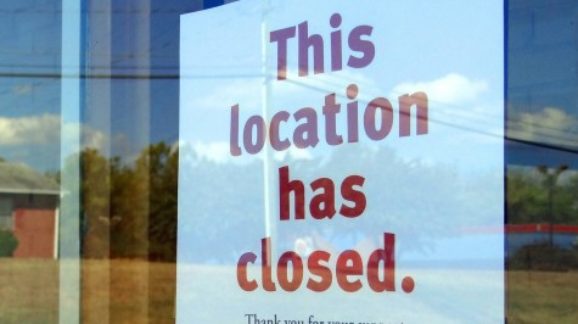Federal Labor Agencies Ambush American Economy
How the Department of Labor and National Labor Relations Board Support Big Labor, Not the American Worker

Full Document Available in PDF
As it enters its final stretch, the Obama administration has launched an unprecedented campaign to reward the president’s union allies, using the regulatory process. The Department of Labor (DOL) and National Labor Relations Board (NLRB) are seeking to impose costly regulations that threaten to seriously disrupt workplaces around the nation and the greater economy. The real goal of these burdensome regulatory proposals is to make it easier for unions to organize workplaces. Job creation and worker freedom are at risk.
“I owe those unions,” said President Obama in the book that helped launch his first campaign for president. “When their leaders call, I do my best to call them back right away.” Democrats, in general, owe organized labor, which consistently funds their campaigns. Thirteen of the top 25 all-time campaign contributors are labor unions, with all 13 of those unions giving at least 93 percent political dollars to Democrats.
This is happening in a time when some 6.5 million workers are seeking full-time employment but can only find part-time work and workplace participation rate is at a 38-year low of 62.6 percent. Current agency overreach is partially responsible for the inability of the economy to recover.
A major reason for the administration’s pro-union regulatory push is its inability to get pro-union legislation through Congress. The misnamed Employee Free Choice Act (EFCA) would have effectively done away with secret ballots in union organizing elections by allowing unions to organize workplaces through a procedure known as card check, whereby union organizers collect signatures out in the open—thus exposing workers to pressure and intimidation.
Under current law, card check organizing requires the business owner’s permission. EFCA would have ended that requirement, allowing unions to proceed with card check once they get a majority of employees to sign cards. Of course, this increases unions’ incentives to pressure employees into signing, for as long as it takes to get to a majority. EFCA failed on a cloture vote. EFCA’s defeat was a major loss for organized labor, but union chiefs have not given up on gaining favorable policy changes, and they expect the Obama administration to deliver.
Unions need new members not only to bolster membership, which has been falling for years, but to extend the life of pension plans, many of which are critically underfunded, with new union dues. Given the critical status of many union pension plans and the administration’s close ties to organized labor, the Department of Labor and National Labor Relations Board can be expected to aggressively persist in their pro-union regulatory push.
Congress can minimize the federal labor agencies’ regulatory onslaught by withholding funding for activities that are harmful to a peaceful and productive workplace. Congress may not be able to override a Presidential veto or control specific agency actions, but Congress has sole authority to fund the government. Congress should seriously consider such an approach regarding the following policies coming out of NLRB and DOL.